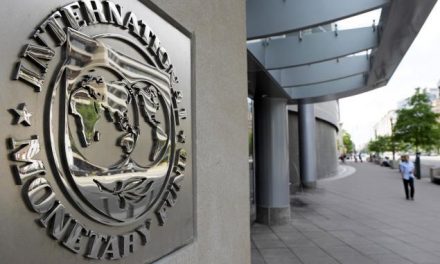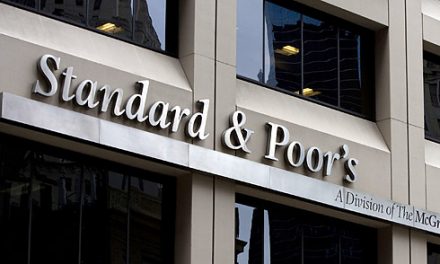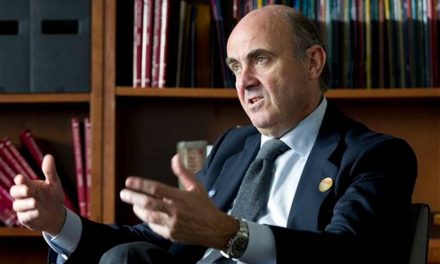By JACK EWING and ALISON SMALE, The New York Times
BERLIN — With Greece’s debt crisis an issue ahead of Germany’s election next month, the highest-ranking German in the European Central Bank said on Monday that Athens could be eligible for additional aid and debt relief next year if it continued to fulfill promises for its current assistance.
“The Eurogroup will support Greece for the lifetime of the current program, and beyond,” said Jörg Asmussen, a member of the central bank’s policy-making executive board, referring to the group of euro zone finance ministers.
Mr. Asmussen took care to note in an interview here that he was not signaling a new attitude toward Greece by its euro-zone benefactors. “There is no change of policy,” he said, explaining that euro-zone leaders already decided in November that they would re-examine Greece’s needs early in 2014.
But his comments fed into a debate set off last week when Mr. Asmussen’s former boss, Wolfgang Schäuble, the German finance minister, put Greece back on the public agenda, saying that more aid was certain, rather than merely very likely. Mr. Asmussen was a top aide to Mr. Schäuble before joining the European Central Bank in 2011.
Mr. Asmussen declined to comment on whether Mr. Schäuble had discussed his remarks ahead of time with Chancellor Angela Merkel. Her party, the Christian Democratic Union, has made what many Germans see as her deft management of the euro crisis a focus of her push for re-election.
Hermann Gröhe, general secretary of the party and a main architect of Ms. Merkel’s campaign, tried to suggest at a meeting with foreign reporters on Monday that the chancellor and her finance minister, who have a reasonably close if sometimes contrary partnership, had discussed the issue before Mr. Schäuble spoke out. Mr. Gröhe indicated that the purpose was to acknowledge that Greece might need more money, but to make clear that investors holding Greek debt would not be asked to take losses as a way to ease the burden carried by Athens.
“It was necessary to show a clear ‘No’ to a haircut,” Mr. Gröhe told reporters, referring to a partial write-off of Greek debt.
Political commentators have asserted that Mr. Schäuble, who is 70 and the longest-serving political stalwart in Ms. Merkel’s cabinet, acted on his own last week — partly to avoid exposing the party to accusations after the elections that it had somehow deceived voters about the need for more aid for Greece.
Polls show Ms. Merkel with high popularity ratings, and the Christian Democrats as likely to win most parliamentary seats. But Ms. Merkel and Mr. Gröhe are stressing that it will be a tight race.
Mr. Asmussen’s comments on Monday referred to a decision taken last November by the Eurogroup. The ministers agreed that Greece would be eligible for a fresh look at its needs as soon as it was able to finance current government spending, improve the economy and fulfill other promises to its lenders — the European Central Bank, the International Monetary Fund and the European Commission.
If “the debt is still considered to be too high, the Eurogroup will consider to take additional measures,” Mr. Asmussen said. “That is the point of time when we will look at the debt question again. This is already decided and made public in November last year.”
The monetary fund has estimated that Greece will have a financing shortage around 10.9 billion euros, or $14.6 billion, for 2014 and 2015. Greek Finance Ministry officials have suggested that the shortage will be smaller than the fund’s estimate, but they have been exploring ways to plug the gap. In an interview over the weekend with the Greek newspaper Proto Thema, Greece’s finance minister, Yannis Stournaras, cited a figure of 10 billion euros for the likely shortage.
Mr. Asmussen, who met in Athens last week with Prime Minister Antonis Samaras, said there were signs of stabilization in Greece, which has suffered from soaring unemployment and plummeting economic output. Referring to recent economic data, Mr. Asmussen said, “For the first time in years there were no negative surprises.”
related articles



















